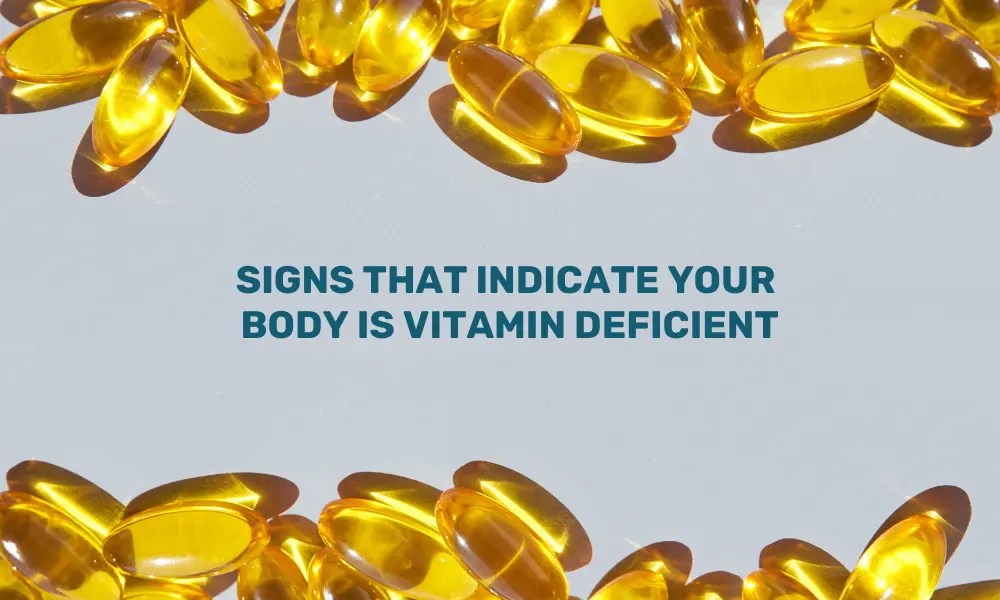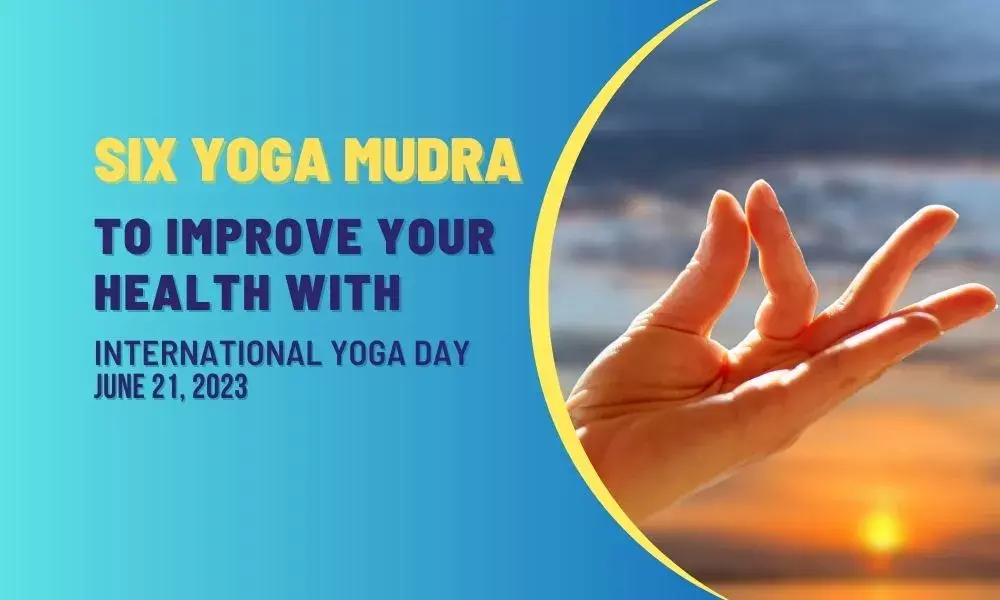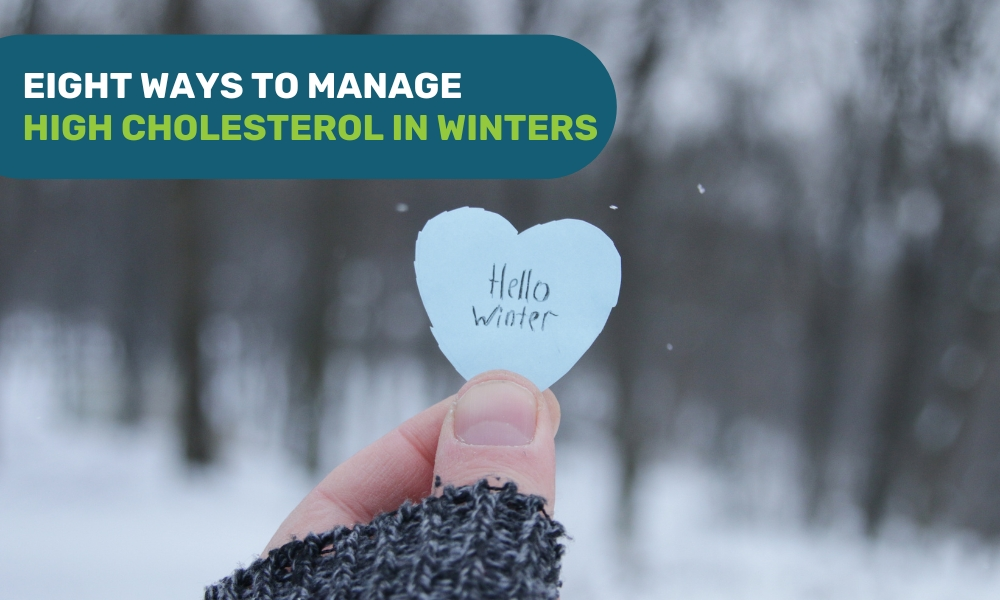It is common for most people to think that vitamin deficiency only occurs when a person consumes junk food, misses meals, or has bad eating habits. However, in reality, even individuals who regularly consume home-cooked food can fall victim to it. The reasons are surprisingly so soil depletion decreases the nutrient value in vegetables, extended working hours indoors decrease Vitamin D, and even normal stress can deplete your vitamin levels. The catch is that the deficiency doesn’t manifest instantly. Rather, the body produces weak cautionary signals, which we usually neglect or confuse with fatigue, hectic lifestyle, or aging.
Unlike hunger, vitamin deficiency is quiet. You don’t “feel” an insistent “need,” but gradually it begins to dull your energy, immunity, skin, hair, and even mood. If you have ever wondered why, you are always tired despite a healthy diet, these hidden deficiencies may be the reason.
Our in-house expert, Dt. Aparna Pandey, MSC-Nutrition and Dietetics, shares some of the signs our body might be sending you, as listed below:
1. Persistent Fatigue and Low Energy
If you’re still feeling exhausted after a sound night’s sleep, the issue might not be your workload but insufficient Vitamin B12, Vitamin D, or Folate. These are key players in energy generation and red blood cell production. When oxygen supply to tissues is low, one tends to feel exhausted during the day.
2. Frequent Illness or Weak Immunity
If you continually catch a cold at the workplace or recover more slowly from infections, it might indicate a deficiency in Vitamin C, Vitamin D, or Zinc. These vitamins boost immunity and heal faster. Without them, your body is unable to fight back effectively.
3. Hair Loss and Brittle Nails
Hair loss, thinning of hair, or easily chipped nails can at times be associated with biotin, Vitamin D, and iron deficiency. Although stress is also a factor, nutrient deficiency is a frequent yet lesser-known reason for poor nail and hair health.
4. Fissures at the Mouth Corners
Painful cracks at the borders of the lips (angular cheilitis) are not simply due to dryness. They tend to herald Vitamin B2 (riboflavin), Vitamin B3 (niacin), and iron deficiency.
5. Vision Disorders and Night Blindness
Difficulty in vision in low light or dry, inflamed eyes could be due to Vitamin A deficiency. Prolonged deficiency of Vitamin A may even result in more severe vision issues.
6. Numbness, Tingling, or Muscle Weakness
If you frequently experience tingling in your hands or feet or inexplicable muscle weakness, this can be attributed to a deficiency in Vitamin B12 and Vitamin E. Both play a crucial role in nerve health, and a deficiency can gradually destroy nerve function.
7. Pale Skin and Dull Appearance
A glow originates from within. Iron, folate, and B12 deficiency lead to anemia, resulting in pale, dull skin. Just like that, a Vitamin C deficiency decreases the synthesis of collagen, resulting in dull, sagging skin.
8. Mood Swings and Depression
It’s not always life situations. Sometimes low levels of Vitamin D, B12, and Omega-3 fatty acids can result in mood swings, irritability, or even depression. Nutrition has a larger impact on mental health than most are aware of.
9. Joint and Bone Pain
If you experience recurring bone or joint pain, your body could be deficient in Vitamin D and calcium. As Vitamin D aids in calcium absorption, the lack of either can contribute to brittle bones, and it increases the risk of osteoporosis in the future.
10. Mouth Ulcers and Bleeding Gums
Severe mouth ulcers or gums that bleed during brushing are usually frequent signs of Vitamin C and Vitamin B deficiency. With insufficient Vitamin C, tissue repair cannot occur, and collagen production decreases.
Prevention of Vitamin Deficiency
● Consume a balanced diet consisting of vegetables, whole grains, nuts, seeds, fruits, and dairy products.
● Take variety since no food provides all vitamins.
● Obtain sufficient sunlight for natural Vitamin D synthesis.
If you are on a special diet (such as vegan), consult with a health professional about supplements. Listening for symptoms of small problems now can help prevent large issues from arising.
The Bottomline
Vitamin deficiencies are more prevalent than we realize. The body does not scream, it whimpers through fatigue, hair loss, mood swings, or recurring illness. The positive aspect is that most deficiencies can be addressed through dietary and lifestyle adjustments. By recognizing these subtle symptoms, you can better nourish your body and prevent long-term health issues. For more such nutrition-related tips – CLICK HERE!
Disclaimer: This article is meant for informational purposes only and must not be considered a substitute for professional advice.





